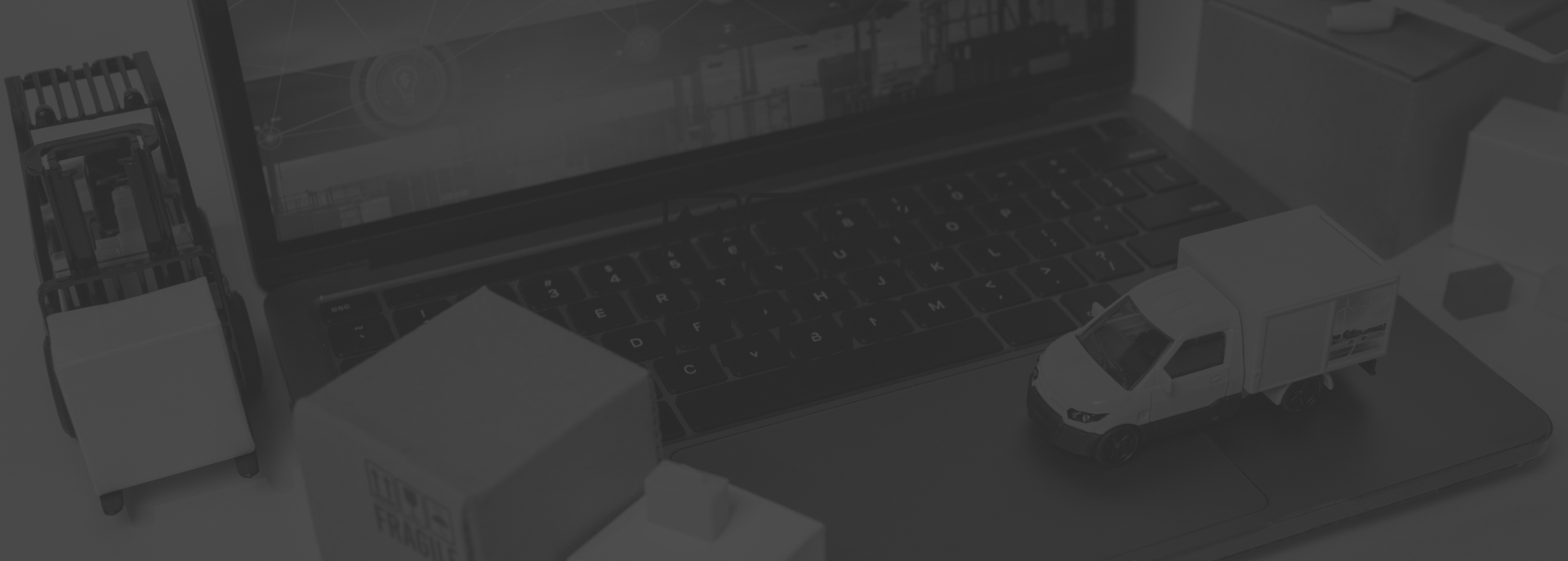Technologies are playing an increasingly important role in modern freight transportation, and their impact on the industry is expected to strengthen in the near future. In this text, we will explore the trends and opportunities presented by the development of technologies in freight transportation.
One of the most influential trends in the field of freight transportation is the development of autonomous vehicles. Autonomous trucks and drones have already started to make their way onto roads and into the skies, and they promise to change the landscape of freight transportation. Thanks to autonomous technology, trucks can operate around the clock without the need for driver rest, reducing delivery times and increasing operational efficiency. Additionally, autonomous vehicles can be safer as they eliminate the human factor, which often contributes to road accidents.
Another trend that is reshaping freight transportation is the development of the Internet of Things (IoT). IoT devices can be installed on cargo, vehicles, and warehouses, allowing real-time tracking of the location and condition of goods. This enables more accurate route planning, resource utilization optimization, and reduction of losses. Moreover, IoT devices can help prevent cargo theft and enhance security.
The advancement of artificial intelligence (AI) also makes a significant contribution to freight transportation. AI can be used for demand forecasting, route optimization, logistics management, and data analysis. Machine learning algorithms can process large volumes of information and make predictions based on historical data and current trends. This helps companies make more informed decisions and improve the efficiency of freight transportation.
Another promising opportunity provided by technology is the use of blockchain in freight transportation. Blockchain can ensure transparency and security in the process of cargo tracking and transaction recording. It can eliminate the need for trust between parties, as information about the cargo and its movement is stored in a distributed network and cannot be tampered with or altered. Blockchain can also streamline bureaucratic processes and simplify documentation.
In conclusion, technologies will transform freight transportation in the near future, introducing new trends and opportunities. The development of autonomous vehicles, the Internet of Things, artificial intelligence, and blockchain will help improve efficiency, safety, and transparency in freight transportation. Companies that can adapt to these changes and leverage new technologies in their operations will have a competitive advantage in the future.
